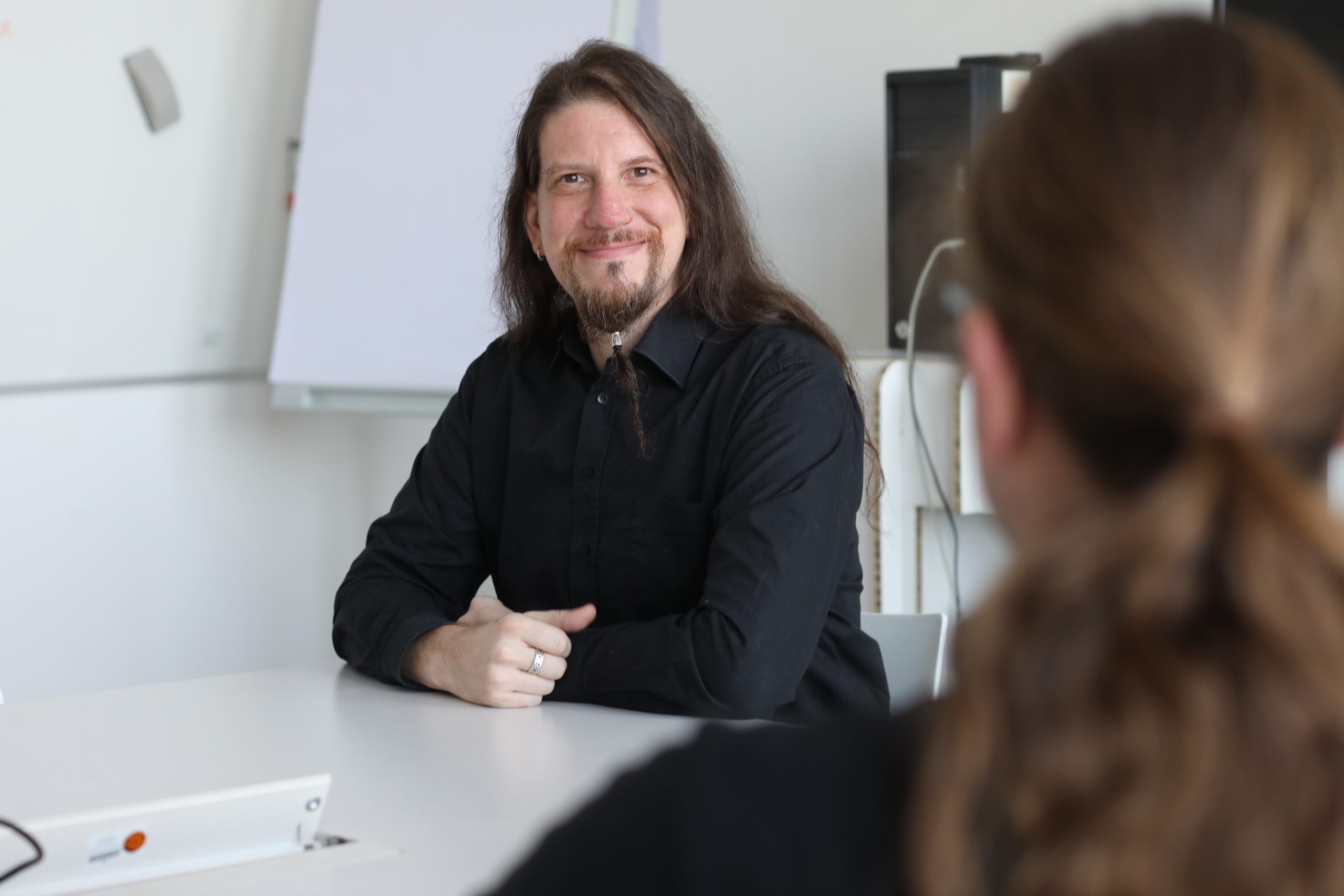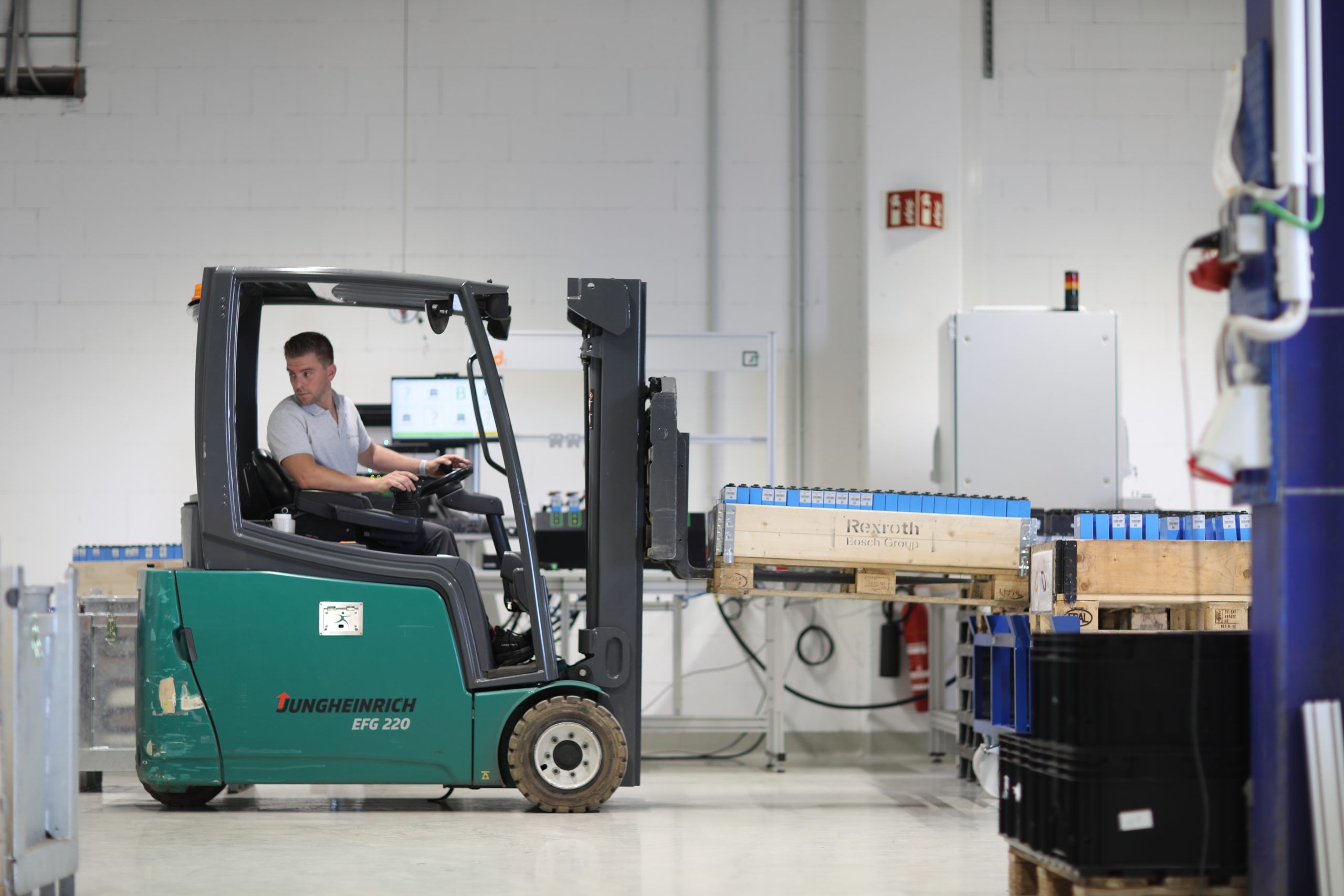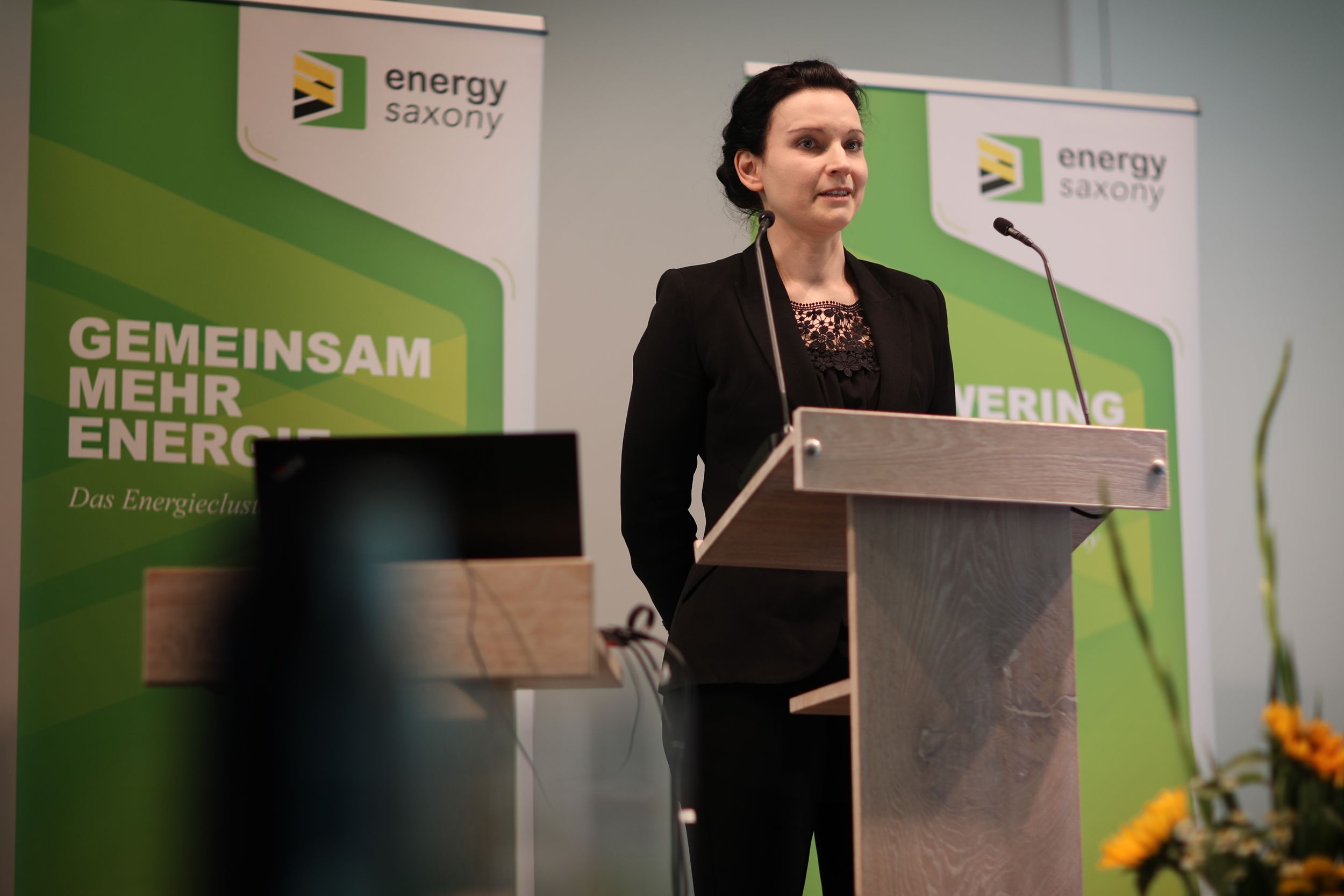Mr. Fertig, why is the battery passport so important?
For our NOVUM partners, such as recycling companies, the battery pass is an absolute game changer. E‑car batteries today are completely different depending on the manufacturer and model. In terms of recycling, this means an enormous challenge. When a battery comes to recycling companies, it used to be like a black box for employees. No one could know exactly what was installed, whether the battery might be defective and explode, or whether it could be reused in a second life cycle.
Automation of the recycling process is thus not possible. With the trend toward e‑mobility, these batteries are becoming more and more common. Used lithium-ion batteries are already piling up in the warehouses of e‑car manufacturers. That means there is a huge wave of questions and problems rolling in here. The battery passport for electric cars is coming — Dr. Dominic Fertig from NOVUM explains the With the battery passport, recycling companies, workshops, etc. — so the theory — receive the necessary information to be able to assess the condition of a battery. It also creates an incentive for manufacturers to standardize their batteries.
The new battery passport wasn’t just developed with recycling in mind, though, was it?
Right! Unfortunately, many relevant stakeholders still do not realize how dangerous the batteries from e‑cars can be away from use. Imagine a truck with such batteries catching fire in the middle of the city because a single battery was defective. That means you have a metal fire with temperatures over 1,000 degrees. Including toxic fumes. This fire can not be extinguished. So the battery data is also important for transport.
Or think of small independent workshops that also have to deal with the new e‑cars. Battery data is also an important safety factor for their employees.
That sounds understandable. Nevertheless, implementation is still a headache for many manufacturers. Why is that?
Batteries have been around for 200 years. Nevertheless, communicating the exact condition of batteries, the so-called “State-of-Health”, has been extremely difficult up to now. The recycling companies are now working with NOVUM to obtain an image of the battery chemistry through impedance measurement and analysis by an artificial intelligence system to obtain important parameters on resistance, residual capacity and transport safety of the batteries.
Many other companies do not yet have this option. This makes it enormously difficult to determine the necessary data for the battery passport. In this respect, we must now find solutions to make NOVUM’s new technology as widely available as possible.
What other topics in the context of batteries and sustainability are becoming increasingly important for companies from your perspective?
So far, the point of recycling is not sufficiently considered in the production of batteries for e‑cars. I think the cost of manufacturing will go up. For recyclers, it is often no longer worthwhile to take the batteries apart and recycle the residual materials because a lot of them are glued together or worthless materials have been used. Manufacturers used to get money for the batteries they put in the recycling. Today, they already have to pay for it for certain types of batteries.
But not only the topic of recycling is important in the context of batteries. Resource scarcity is also playing an increasing role. In the long term, NOVUM’s new technology can help batteries to be built more compactly, because manufacturers can better estimate how residual capacity and service life will develop.











